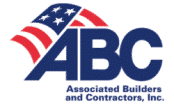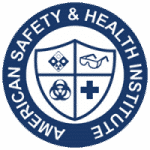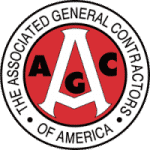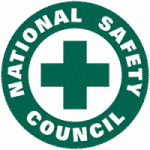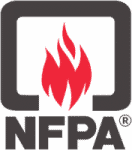The Occupational Safety and Health Administration (OSHA) is an agency of the Department of Labor. It was created in 1971 due to the Occupational Safety and Health Act signed by President Richard Nixon.
OSHA’s mission is to ensure safe and healthy working conditions by enforcing standards and providing training. OSHA also enforces a variety of statutes and regulations that protect whistleblowers from OSHA violations.
OSHA has implemented a variety of training programs throughout its history. The OSHA Training Institute (OTI) was founded in 1972 and still provides health and safety training. In 1982, OSHA founded the Voluntary Protection Program. It allows businesses to receive a designation as a “model workplace” if they meet specific criteria.
OSHA also founded the Susan Harwood Training Grant Program in 2001 to train personnel in reducing workplace hazards. The cost of this training varies significantly, depending on several factors.

Overview
Employers are responsible for providing their workers with training on specific occupational hazards, as required by OSHA. OSHA Publication 2254, Training Requirements in OSHA Standards, and Training Guidelines list the training needed for these hazards.
However, the OSHA courses most commonly taken by workers include the outreach training courses, taught by OSHA-authorized trainers. While OSHA does not require these courses, many businesses and jurisdictions do. Outreach training courses educate workers on:
- Overview of OSHA
- Workplace hazards
- Their rights regarding those hazards
- Employer responsibilities
- Process for filing a complaint
- Workplace safety
This training consists of 10-hour and 30-hour courses. The 10-hour programs are primarily designed for entry-level employees, while the 30-hour courses offer greater detail on safety responsibility. Both include an overview of the hazards commonly encountered in a typical job site. They also cover the identification, avoidance, control, and prevention of hazards.
OSHA 10-Hour Training
The 10-hour OSHA courses include ones for both general industry and construction. The general industry course is for workers employed in most types of manufacturing, transportation, and services, including healthcare. The construction course is for workers in new construction, major renovation, and demolition. It covers essential health and safety hazards specific to construction work and an overview of OSHA.
OSHA 30-Hour Training
The 30-hour OSHA training courses primarily include the general industry and construction courses. The general industry course applies to most business sectors, including manufacturing, service, maintenance, food manufacturing, oil and gas, and healthcare. The construction course applies to workers in new construction, major renovation, and demolition.
This course provides advanced information on occupational health and safety to personnel responsible for monitoring and implementing OSHA regulations. These personnel include but are not limited to managers, supervisors, foremen, superintendents, safety staff, and committee members.
Attendees will get an extensive overview of OSHA and the procedures for locating the relevant regulations to a particular industrial sector. Neither of these courses requires any prerequisites, and upon completion, workers will receive a 30-hour card.
Recognition
Workers who complete the 10 or 30-hour OSHA outreach training courses receive a wall certificate immediately upon completion. This allows them to work on any job site that maintains this requirement.
They will also receive a wallet card in the mail after the training records are processed. All 50 states, Washington DC, and US territories recognize these courses. The OSHA 10-hour construction course is required for all construction workers in the following states:
- Connecticut
- Massachusetts
- Missouri
- Nevada
- New Hampshire
- New Jersey
- New York
- Pennsylvania
- Rhode Island
Costs
The OSHA certification cost is primarily dependent upon the length of the course and the training setting. Online courses are the least expensive method of completion. For example, the OSHA 10 cost is around $60 to $80, and the OSHA 30 cost is between $160 to $180. However, attendees don’t get the benefit of having a live instructor or learning from their peers.
In-person OSHA training is more expensive than online training—averaging about $250 for 10-hour courses and $600 for 30-hour ones. Some colleges and universities also provide OSHA training.
The tuition for these courses depends on the specific institution, although it’s generally more expensive than other training settings. For example, a community college in California charges about $300 for the 10-hour courses and about $650 for the 30-hour courses.
Many training companies provide OSHA or safety training at an employer’s worksite. This form of training is typically highly customized for each class, so the price can vary greatly. These classes are typically larger than other training settings to minimize the cost for each worker. The price can also be affected by the facilities available at the onsite location and its distance from the training center.
Contact Circle Safety
We train on a wide range of topics, including OSHA 10-Hour and OSHA 30-Hour training for construction and general industry. Training can be done in person by one of our experienced safety professionals. Feel free to contact Circle Safety & Health Consultants for assistance in meeting your company’s specific set of OSHA training needs.
Sources
https://circlesafety.com/news/
http://www.osha.com/
https://www.osha.gov/about.html
https://www.usfosha.com/index.aspx
http://www.oshatraining.com/index.php
https://www.360training.com/environmental-health-safety/osha-training/osha-10-30-hour-training
https://osha.asapconnected.com/ClassDetail.aspx?pk=717078

